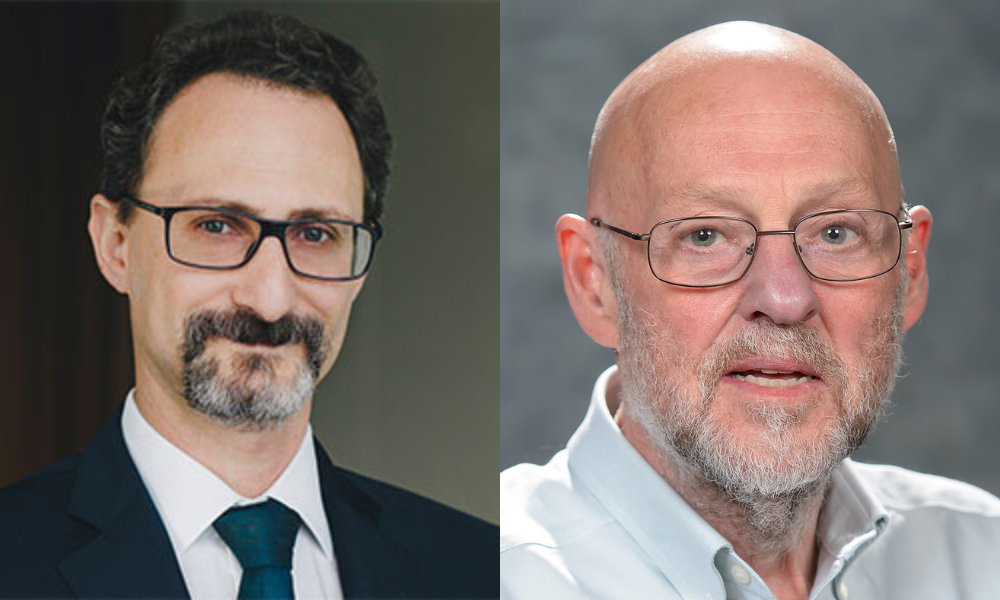Fines upheld for Alberta employees who refused OHS interviews without legal counsel

Recently, the Alberta Court of Appeal decided that the Alberta Labour Relations Board (ALRB) was justified in levying administrative fines against four employees and their employer, who refused to speak with an occupational health and safety officer without their lawyer present.




